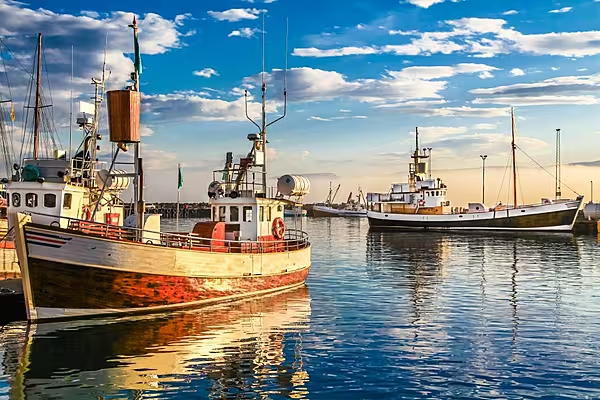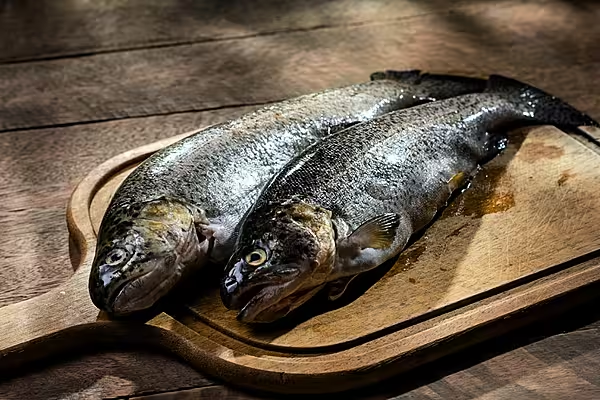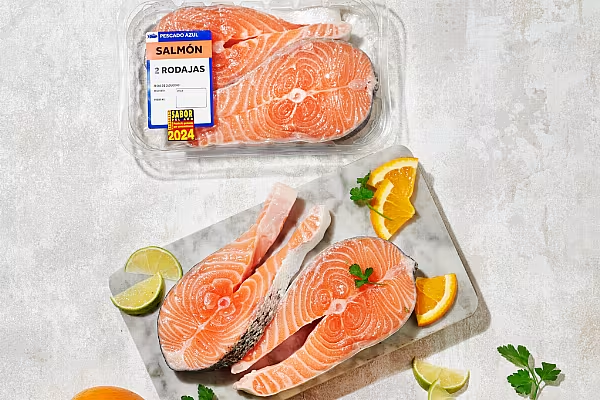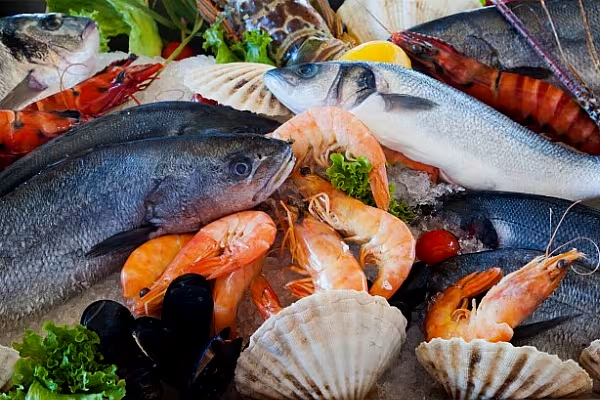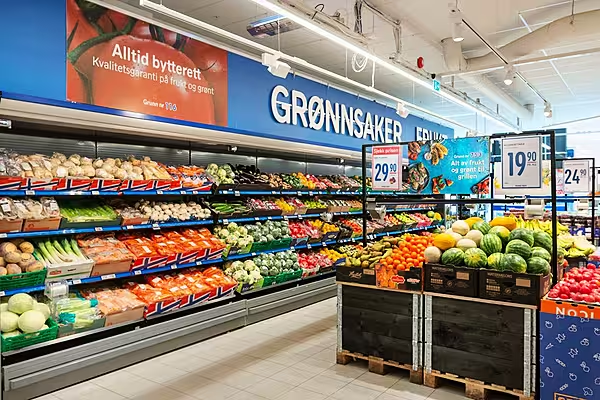On the treacherous path to Brexit, the U.K. and its European Union partners could slip up over many things -- even fish.
From the complexity of Europe’s fishing rules and the difficulty Britain has in breaking free from them, to the U.K. potentially using its leverage to get a better deal on other issues, it’s not hard to see why haggling over fish presents the Brexit negotiations in microcosm.
“We’re worried about the survival of the industry’’ in Ireland, Irish Agriculture and Marine Minister Michael Creed said in an interview in Brussels, underscoring the value of retaining access to British waters. “The industry would be decimated if we don’t get the proper outcome from Brexit; it would be calamitous.’’
His words are a telling reminder of why the Brexit bargaining won’t just come down to money and trade. With U.K. Prime Minister Theresa May gearing up to activate Article 50 of the Lisbon Treaty on Wednesday, sparking two years of negotiations over Britain’s divorce from the bloc, her team is about to be confronted with a long series of thorny issues that dive deep into the intricacies of the European relationship -- from airline traffic to supply chains to the handling of nuclear material.
Like many of the problems in the Brexit negotiations, the complications on fishing stem from the way EU nations have pooled sovereignty over decades.
Fish Stocks
The bloc’s Common Fisheries Policy, a set of rules as old as the U.K.’s four-decade-long membership of the EU itself, entitles all 28 nations to fish in what otherwise would be each other’s national waters. To safeguard fish stocks and protect jobs in fishing areas, each country is given annual geographical quotas for the amount of every species its boats are allowed to catch.
It was the sight of foreign trawlers in British waters, that made fishing communities among the most supportive of the U.K.’s exit from the EU. Brexit should be about getting “back our territorial fishing waters,” Nigel Farage, the U.K. Independent Party’s former leader, said in September.
The pro-Brexit camp seizes on figures such as those that show only 32 percent of fish landed from British waters is caught by U.K. boats, according to a study published in January by the University of the Highlands and Islands.
Britain’s withdrawal from the EU’s fishing rules would mean that it could regain authority over an expanse of sea that stretches 200 nautical miles from its coast. If Brexit talks break down, the U.K. is prepared to block access to a smaller area between six and 12 nautical miles from shore to which it has allowed vessels from some EU countries since 1964 but isn’t obliged to under the EU’s fisheries policy, according to the Times on Friday.
British Waters
This prospect frightens other nations. Ireland’s fishermen catch about 40 percent of their quota in British waters. Not only would Ireland lose such an important place to fish, it would also be faced with greater competition in its own waters from EU vessels.
Brexit is a “great worry” for the French fish industry, France’s ministry for environment, energy and the sea said in a statement, adding that the French government would push to retain access to British waters.
Ireland says it has tried to forge a united front with the countries it sees as similarly affected in the fish fallout: Spain, France, Denmark, Belgium, Germany, the Netherlands and Sweden. These countries have been lobbying the EU’s chief Brexit negotiator, Michel Barnier, to make sure the importance of fisheries is not lost in the negotiations, according to two diplomats familiar with the matter.
One of their demands is that the fisheries industry isn’t dealt with in isolation but forms part of wider negotiations over the future trade pact between the U.K. and the EU.
That’s because when it comes to trade in fish, the U.K. needs the EU as much as the other way round. Of the 666,000 tons of fish the U.K. produced in 2014, only 166,000 tons were kept for domestic consumption. It exported two-thirds of the rest to the EU.
This means that, like many aspects of the Brexit haggling, the U.K. doesn’t hold all the cards.
“The U.K. will be able to negotiate new quota shares and to withhold access to fishing in U.K. waters as a bargaining tool,’’ Britain’s House of Lords said in a report published in December. “Yet the government may come under pressure to balance this potential against the need for continued trade in fish with the EU,’’ which means that “the government faces a huge challenge in seeking to achieve a successful outcome to these negotiations.’’
Ireland’s Creed warns of the united front that will fight the U.K., comparing the Brexit talks with the EU’s annual ritual where government representatives meet long into the night to wrangle over the quotas their fishermen are allowed to catch in the following year.
In those meetings, “it’s every man for himself – we fight over a single fish,’’ he said. “But with this it’s different, this is about the broader picture, and together we’re stronger.’’
News by Bloomberg, edited by ESM. Click subscribe to sign up to ESM: The European Supermarket Magazine.
